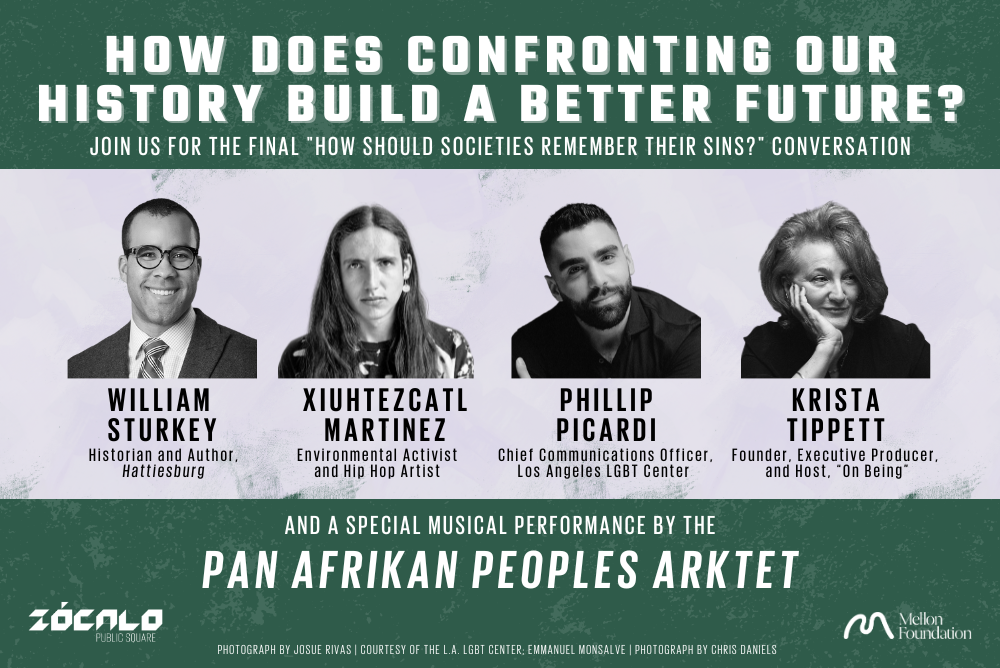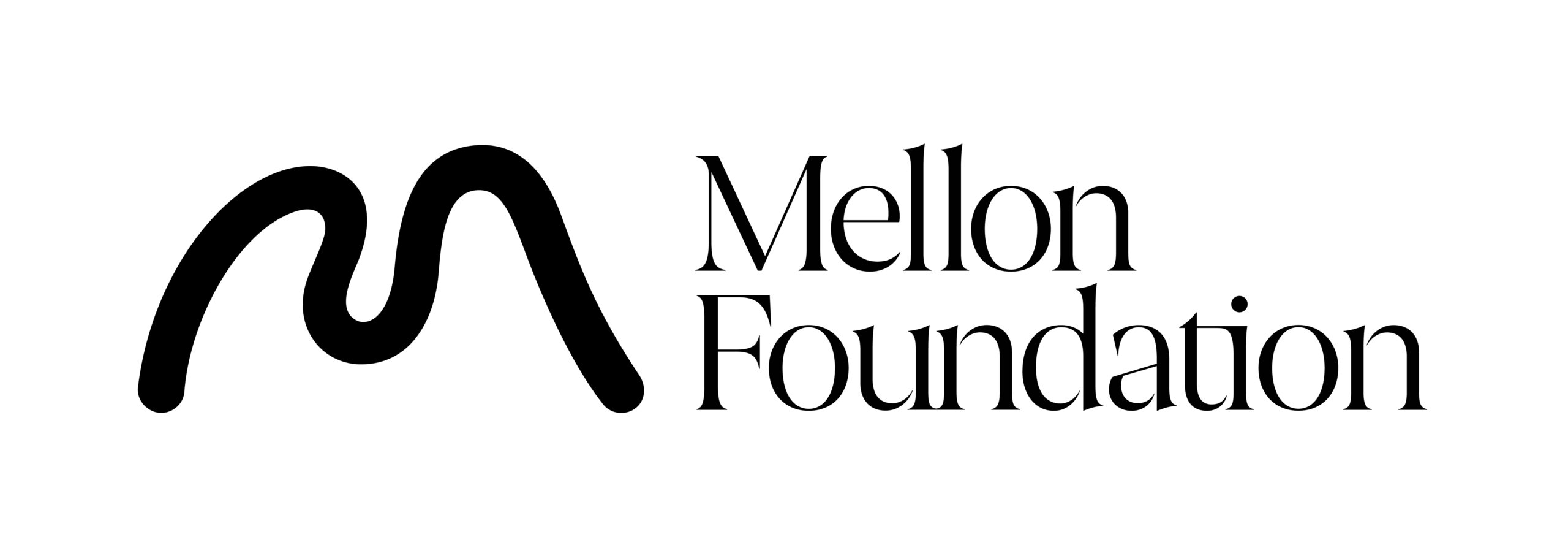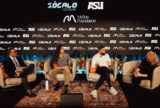
Recent attempts to confront difficult history have exposed major divisions over memory in the United States. But scholars, social justice activists, and many others argue that grappling with the sins of the past, and the ways they reverberate into the present, is a necessary foundation for reimagining the future. Museums are finding new ways to collaborate with communities on projects that tie together historical harm and present-day problems. Cities are paying reparations to Indigenous and Black residents for past dispossession in order to address 21st-century inequality. And across the U.S., institutions are acknowledging and apologizing for past harms as a starting point to creating lasting structural change. What are the best and most creative ways societies are using history to make a better tomorrow? Can our approaches to history unite as well as divide? And how can organizers ensure that all perspectives can be represented in ways that help bring people together?
Environmental activist and hip-hop artist Xiuhtezcatl Martinez (Xochimilco), L.A. LGBT Center communications officer and former editor-in-chief of Out magazine Phillip Picardi, and “On Being” founder, executive producer, and host Krista Tippett visit Zócalo to discuss how society might draw strength and coax vision from the shortcomings and failures of its collective past.
Zócalo invites our in-person audience to join us after the program for a reception, with complimentary food and beverages and a special musical performance by the Pan Afrikan Peoples Arktet.
Zócalo Public Square values audience safety. During events at ASU California Center, as bag searches are not permitted, only clear bags (maximum size 12” x 6” x 12”) and small clutches (maximum size 8 ½” x 5 ½”) are allowed in the venue. Zócalo may be able to provide a limited number of clear bags to help accommodate guests. Questions? Ask us at events@zocalopublicsquare.org.
The ASU California Center is inclusive and accessible for all. A platform wheelchair lift is available at our main entrance via Broadway (ground level). Upon checking in for the event, please inform Zócalo staff if you need assistance, or contact events@zocalopublicsquare.org for additional information.
“How Should Societies Remember Their Sins?” is a two-year editorial and event series supported by the Mellon Foundation. Blending scholarly essays and personal stories, we will explore how societies around the world collectively remember their transgressions and make attempts at repair, and how we might imagine new paths forward.
The Takeaway
The Foundation for a Shared Tomorrow Is Built on Hard Truths
Panelists for ‘How Does Confronting Our History Build a Better Future?’ Help Us Imagine How to Pave a Hospitable Path Forward
Confronting America’s history is like fixing or maintaining an old home: acknowledging the parts that are in disrepair, and those that are rotten to the core. This is the metaphor …






